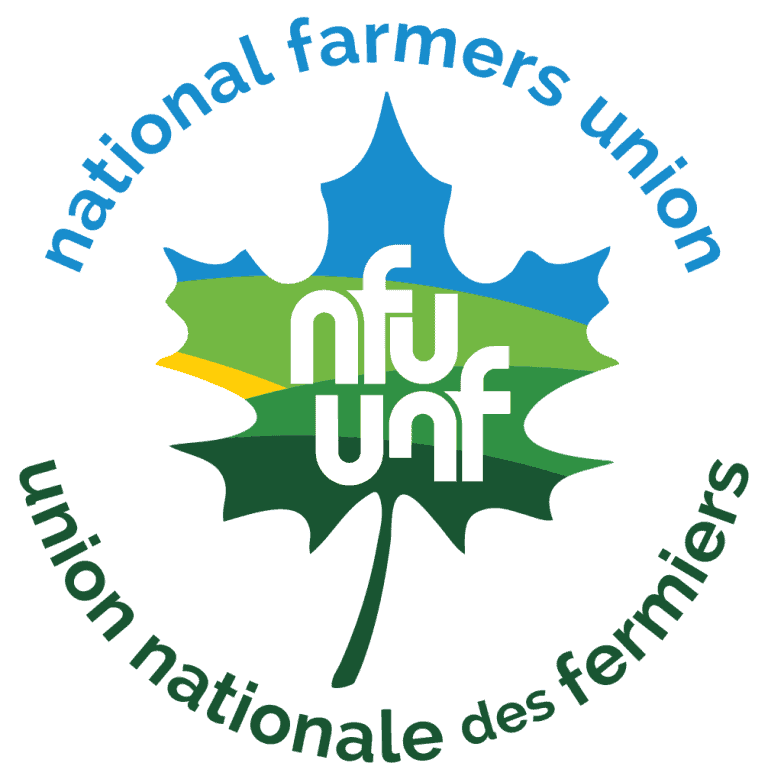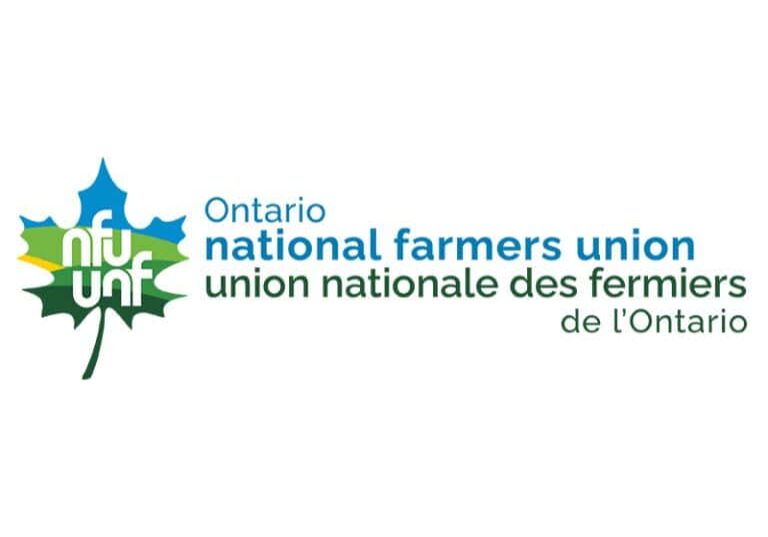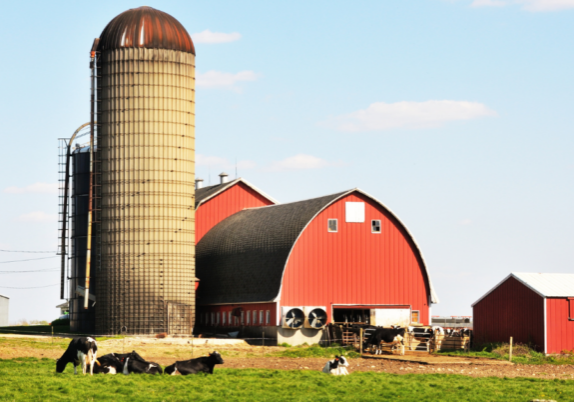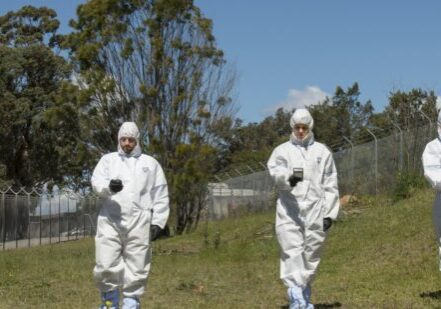Submission to the 2016 Ontario Pre-Budget Consultation

As an organization representing farmers across the province, both in rural and urban communities, the National Farmers Union-Ontario submits the following priorities for the 2016 Ontario Budget.
The NFU-O would like to contextualize these issues within the concern of rural depopulation. This depopulation results in wasted opportunities, financial burdens for municipal ratepayers, and negative impacts upon the Province of Ontario as rural communities struggle to cover policing, health care, education facilities, transportation infrastructure, water and wastewater treatment, community service organizations, churches, community centres, and recreation facilities as well as the struggle of our thousands of small independent main street businesses.
Clearly, the root causes of rural depopulation need to be addressed with a meaningful plan at all levels of government. The NFU-O would like to propose that budgetary support of the family farmer of all sizes and all types would go a long ways towards mitigating these issues.
Land Use Planning
A family farm operation often makes decisions that are environmentally responsible, but not economically justifiable, because of the long-term benefits for the next generation. Cash has not been the primary incentive for farmers; however the lack of fair compensation over decades has resulted in farmland being surrendered en masse to investment funds, pension funds, and speculative landowners. MPAC figures reveal disturbing trends as we approach a record amount of farmland owned by non-farmers. Farmer loyalty to long-term stewardship of soil is replaced with year-to-year cutthroat economic return on investment models.
Urban expansion presents both expense and erosion of arable land in the province. While the Greenbelt has presented a temporary dam, development has simply jumped the boundaries and resumed further out. The NFU-O supports a temporary implementation of the extension of the Greenbelt to protect all arable farmland classes to allow for a plan to be developed province- wide that focuses on “in-filling” urban and rural towns while protecting farmland for future food production.
As well, Ontario must look to our eastern provinces and Saskatchewan for guidance in the implementation of regulations that ensure future local food production for generations of Ontario residents. Together with the federal government, meaningful 25 to 30 year stable financing must be made available to ensure the transition of family farm operations to not only pass on the business but also allow the next generation to survive the turbulent financial avalanche that the free market has created.
Rural Labour
Federal and provincial immigration priorities are a welcome and socially responsible gesture to peoples affected by war and terrorism. The NFU-O suggests that the province should allow farm employers, namely large-scale green house and other labour intensive food production, to pause their participation in foreign worker programs in order to hire newly arrived refugees while maintaining the farms’ full eligibility to resume. Housing is often available as part of the work experience, and the skills are transferable.
Local Food
The NFU-O firmly believes that the family farm is the most sustainable and desirable model for food production and provides the best potential for successful environmental stewardship. Over the decades, direct and indirect policies, combined with the absence of a strategic plan, have eroded the effectiveness of this model in favour of unsustainable corporate return on net investment models.
While the NFU-O has greatly appreciated the province’s commitment to a practical and stable risk management program for our agricultural industry – an industry that is subject to the volatile forces of free market and nature, the current high prices being seen in grocery stores are a warning that local food sovereignty should not be taken lightly, nor should it be taken for granted. An encompassing strategic plan is overdue. The majority of Ontario farms will not be involved in fresh market food or organic food production, therefore the plan must be realistic for the present as well as our future.
As part of the strategic plan, manufacturing facilities and rural employment need to be considered. One plant representing 100 full time jobs in a typical rural community represents a critical stabilizing element for an entire local economy and represents proper utilization of existing public infrastructure. The Ministry of Municipal Affairs, Ministry of Agriculture, Food, and Rural Affairs and each MPP ought to be able to create a database of underutilized rural infrastructure and co-ordinate with industry to assist in matching communities to new development.
Public Education and Research
Priorities within our educational institutions have favoured the elimination of agricultural colleges, but with statistics showing the declining rate of farmers across the country, now is the time to ensure that the next generation has access to a broad agricultural education, or this province will lose the ability to feed itself.
As well, public research is necessary in Ontario and must be funded at arm’s-length from private industry for the greatest credibility. The neonic issue in Ontario revealed many deficiencies in our public research and raised even more questions, including how did we achieve near prophylactic use of this insecticide on corn without any of the concerned parties taking notice; how did government, the seed industry, the air seeder manufacturers, Health Canada, farm safety groups, etc. fail to question a practice that expelled residual insecticide dust into the air for farmers and pollinators alike to breathe? Restored funding to agricultural institutions along with public research must be a priority in order for agriculture to continuously improve for the benefit of all Ontario.
Animal Welfare
The NFU-O feels strongly that the OSPCA ought to be immediately removed from all responsibility concerning animals raised for agricultural purpose, and the responsibility should reside with qualified OMAFRA inspectors. Animal welfare standards are important and best judged by qualified, trained agricultural professionals.
Carbon Tax Credits
Agriculture is one of the few industries that can actually sequester carbon. Further, many family farms have demonstrated social responsibility by maintaining treed areas and hedgerows by choice. It is time for society to share in this cost. Farmers must pay for those areas of land the same as cultivated areas, yet regulations and penalties are imposed in many jurisdictions for any intended modification of the use of these private lands. Urban centres that reap the benefit of carbon sequestration equally with rural farmers ought to provide financially for those who steward these habitats that filter urban pollution.
Mental Health Resources
Farm families have been underrepresented in terms of mental health services. There is no doubt that farm families live their lives under tremendous stress levels. The province must contribute toward a plan to not only treat symptoms and insure adequate funding of rural mental health facilities, but it must also address the real causes.
The NFU-O is concerned that a return to higher interest rates within the environment of inflated land prices, escalating input costs, and stagnant commodity levels will represent the breaking point for many families. The underlying causes of economic pressure need to be examined as noted in other areas of this submission.
Estate Taxes
There must be a review of Ontario’s changes to estate reporting requirements. While there is a clear understanding that the Province wishes to efficiently capture revenue from estates, current estate laws have compounded hardship upon farm families. The 60-day window to report estate values to Ontario Revenue is not workable within the farming community. Many times, the executor is a grieving close family member who may be involved in the family farm business. The perpetual nature of family farms is not set up for instant dissecting and valuation. Complicating this matter further, the cyclical peaks of our industry compel family members to finish harvesting regardless of their recent loss.
Hydro Rates
Electricity rates ought to be addressed immediately. The NFU-O supports environmental improvements to our electric production, but the Green Energy Act has not achieved the levels of success that the Province promised. Rural families are being penalized via significantly higher rates that our urban counterparts for the mismanagement of this essential service. The sell-off of Hydro One to facilitate urban infrastructure needs is entirely unacceptable and leaves rural ratepayers in a tenuous position. Furthermore, many farmers are unable to take advantage of time-of-use rates due to the needs of animals which cannot be shifted to the off-peak hours.
Public Expenditures
Accountability for wasted public expenditures ought to be addressed by a root cause analysis process in order to improve the value that spending achieves. Additionally, the NFU-O asks the province to reconsider severance laws that end up rewarding incompetent managers both in the public and private sector as low-income workers struggle with economic hardship and are forced to pay for other’s mistakes.








